Section: International
There are more than 200 results, only the first 200 are displayed here.
-
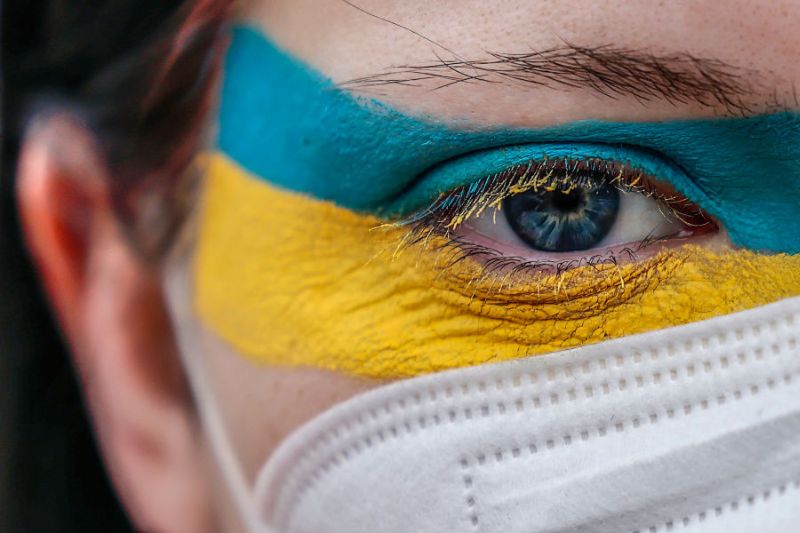
INTERNATIONAL
- Max Jeganathan
- 15 August 2022
3 Comments
Despite a post-pandemic bull-run, both the national and international economy are now stalling. Interest rates are going up. Markets are going down. Inflation seems unstoppable. While many factors are to blame for the rising cost of living, a catalysing force continues to be our response to the war in Ukraine.
READ MORE 
-

INTERNATIONAL
- Kirsty Robertson
- 10 August 2022
2 Comments
Last month I travelled to Ethiopia, visiting an IDP (Internally Displaced Persons) camp filled with thousands of people facing a hunger crisis. The triple threats of conflict, COVID and climate have created the perfect storm, with serious impacts on countries that depend heavily on grain, fuel and fertiliser imports from Russia or Ukraine, including Yemen, Somalia, Ethiopia and Sudan.
READ MORE 
-
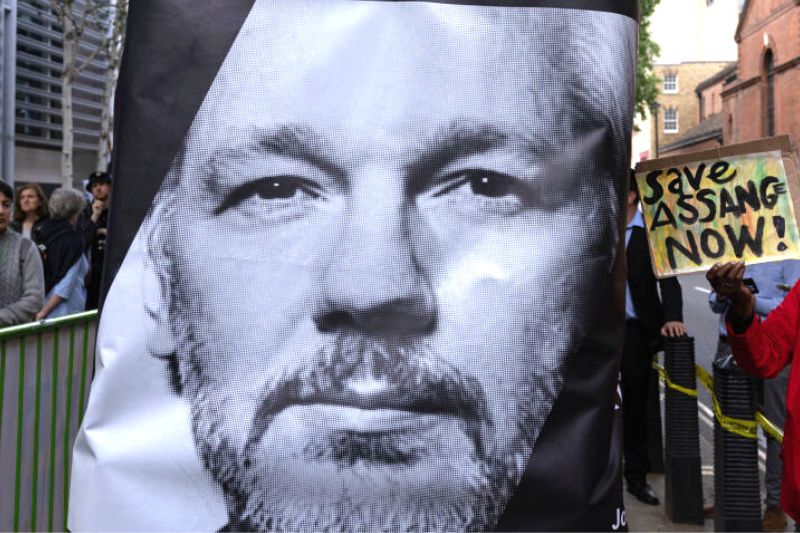
INTERNATIONAL
- Binoy Kampmark
- 19 July 2022
3 Comments
The only shock about the UK Home Secretary’s decision regarding the extradition of Julian Assange was that it did not come sooner. In April, Chief Magistrate Senior District Judge Paul Goldspring expressed the solemn view that he was ‘duty-bound’ to send the case to Priti Patel to decide on whether to extradite the WikiLeaks founder to the United States to face 18 charges, 17 grafted from the US Espionage Act of 1917, and one based on computer intrusion.
READ MORE 
-

INTERNATIONAL
- Michael McVeigh
- 18 July 2022
If there is another civilisation out there peering into the skies like us, what would they see as they catch a glimpse of life on Earth in the 21st century? I wonder what they would make of our preoccupations, and what they might see through their powerful lenses that we ourselves cannot?
READ MORE 
-
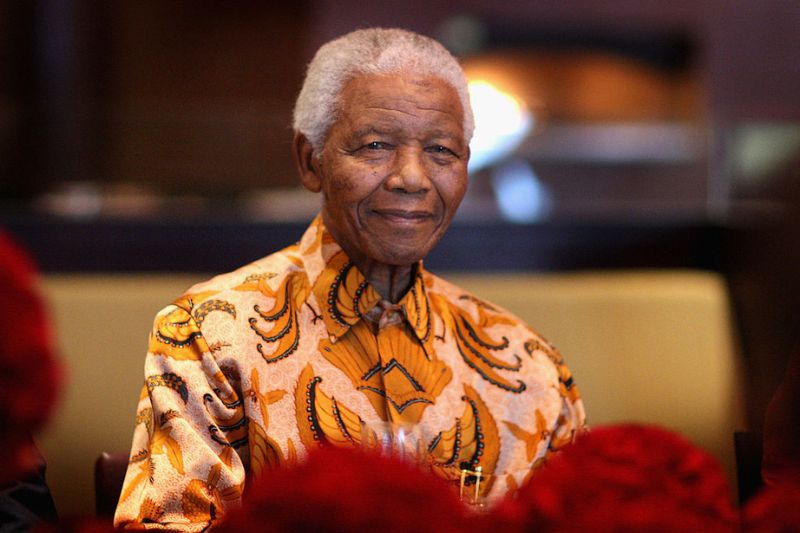
INTERNATIONAL
- Andrew Hamilton
- 14 July 2022
3 Comments
The leaders of the past are often referred to as a measuring stick for evaluating the present. Australian prime ministers are routinely compared to John Curtin or Robert Menzies. This coming week calls to mind another leader against whom we might measure others. July 18 marks Mandela Day, an annual international day in honour of Nelson Mandela, the first Black President of South Africa. Mandela had the quality, rare today, of being born to rule.
READ MORE 
-

INTERNATIONAL
- Chris Middleton
- 05 July 2022
17 Comments
The overruling of the Roe v Wade decision by the Supreme Court in the Dobbs decision marks a significant moment in the abortion debate, while highlighting the deep fissures in America’s body politic. Despite the fact that the Supreme Court ruling had been foreshadowed months ago, the shock has been real.
READ MORE 
-
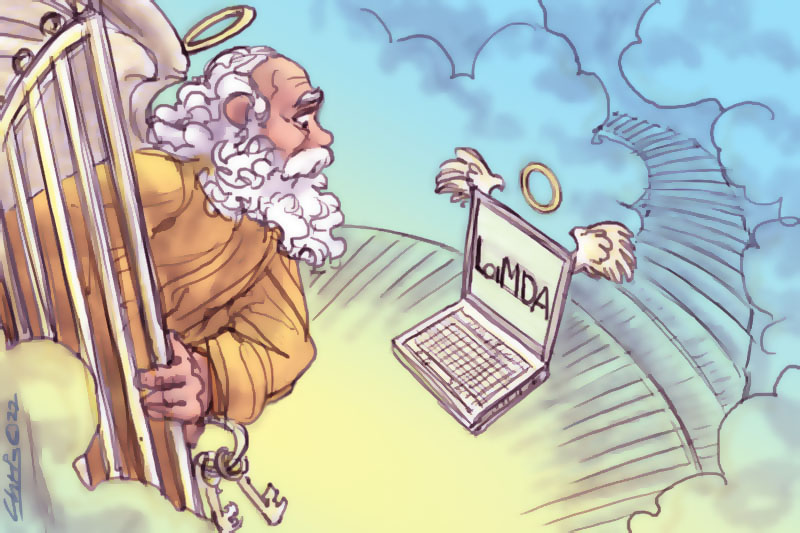
INTERNATIONAL
- Julian Butler
- 05 July 2022
3 Comments
Just over a fortnight ago Google suspended Blake Lemoine, an engineer for Google’s AI organisation, for publicly claiming a computer chatbot he was working on is sentient and thinks and reasons like a human. The publicity surrounding the suspension has raised questions about the development of artificial intelligence (AI), about our shared understanding of what it means to be conscious and sentient.
READ MORE 
-

INTERNATIONAL
- Binoy Kampmark
- 20 June 2022
11 Comments
In the context of mass school shootings in the United States, the latest of which took place at Robb Elementary School in Uvalde, Texas, a crude form of deterrence has made an appearance. To be safer, you do not remove guns, but spread them through a policy of mutually assured terror. Any gun toting individual entering the school grounds will think twice before encountering the hail of bullets from a protective teacher. Gun control, accordingly, becomes anathema.
READ MORE 
-
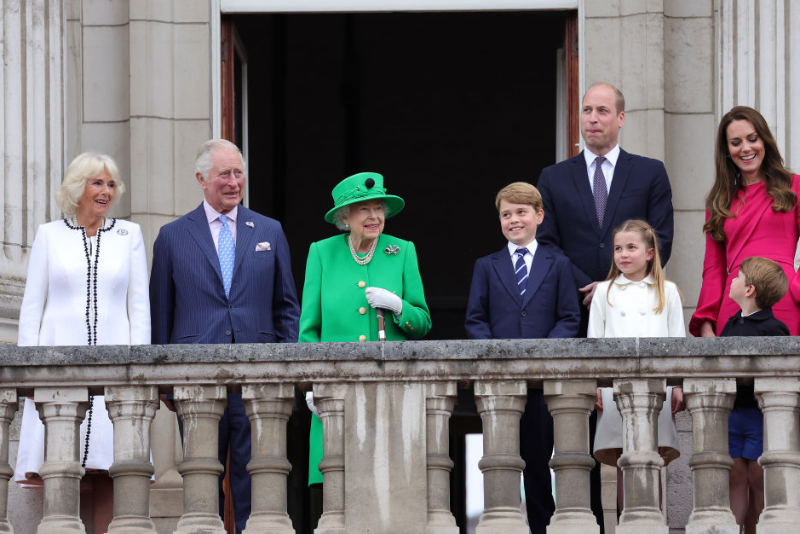
INTERNATIONAL
- Gillian Bouras
- 07 June 2022
10 Comments
I admit to a weakness for pomp and pageantry. I am, after all, a child of Empire, and swore allegiance to Queen Elizabeth II every Monday morning for years on end. So I watched the recent Trooping of the Colour, part of the Platinum Jubilee celebrations, and thoroughly enjoyed it, admiring the military precision and all the discipline required, the glitter, the splendour, the dashing aristocrats of the equine world, the sheer vividness of the unrolling scene. And all in honour of the Queen’s birthday.
READ MORE 
-
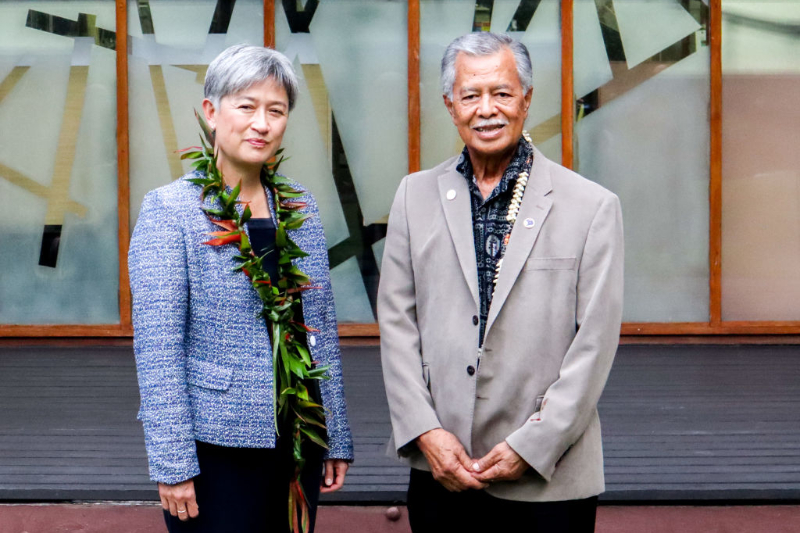
INTERNATIONAL
The Asia Pacific region has some of the world’s poorest and most disadvantaged communities. Supporting our regional family through increased aid and development will be important, but so too is the respect we show to the leaders of those nations which surround us.
READ MORE 
-
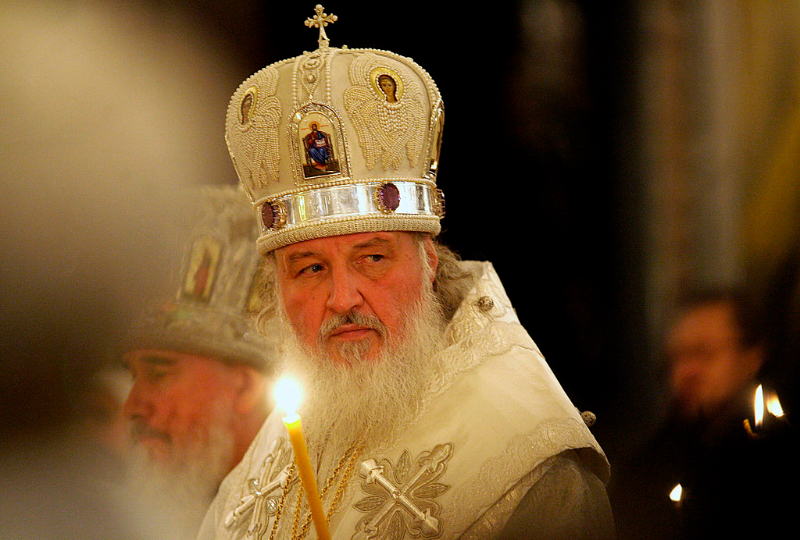
INTERNATIONAL
- Andrew Hamilton
- 31 May 2022
7 Comments
Patriarch Kyrill of Moscow has received much justified criticism for aligning his Church alongside Vladimir Putin in the invasion of Ukraine. If we are to understand how he could think it is right to do so, however, it is helpful to know how he came to be Kyrill. The story of his earlier namesakes illuminate the conduct of the present Patriarch of Moscow.
READ MORE 
-

INTERNATIONAL
- Gillian Bouras
- 26 May 2022
14 Comments
In the photo I have just seen Vadim Shishimarin is in the dock, hanging his head. He is 21, but looks about 15 as he stands there in the polycarbonate box, the first Russian soldier to be charged and tried in Ukraine for a war crime. He holds the rank of sergeant and was a tank commander. At 21? (I’m embarrassed to recall how immature I was at 21.) It is likely he has a mother: I wonder how she is feeling right now, but think I can make a good guess.
READ MORE 